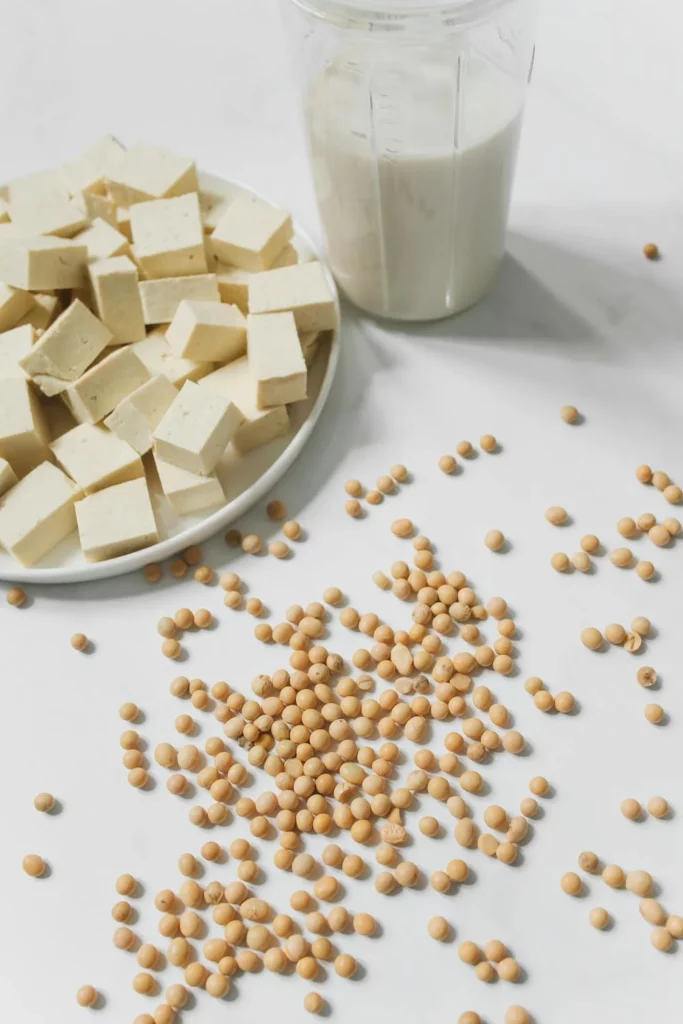Introduction:
The thyroid, a small butterfly-shaped gland located in the neck, plays a crucial role in regulating various bodily functions, including metabolism, heart rate, body temperature, brain development, and fertility. When the thyroid doesn’t work properly, it can affect the entire body. Conditions like hypothyroidism, hyperthyroidism, goiter, and thyroid cancer are common, and while some thyroid issues are related to genetics or autoimmune diseases, certain foods can negatively impact thyroid function.
Here are six types of foods that can disrupt thyroid health.
1. Soy and Soy-Based Products:
 Pexels
Pexels
Soy contains isoflavones, which can interfere with the thyroid’s ability to absorb iodine and affect the effectiveness of thyroid medications. This can cause problems for individuals with thyroid conditions, especially those who rely on iodine to regulate their thyroid function.
2. Raw Cruciferous Vegetables:
Cruciferous vegetables like broccoli, kale, and cauliflower contain goitrogens, compounds that can inhibit iodine absorption. While cooking these vegetables can reduce the impact of goitrogens, excessive consumption of raw cruciferous vegetables may still negatively affect thyroid health.
3. Gluten:
For people with autoimmune thyroid conditions such as Hashimoto’s thyroiditis, gluten can trigger inflammation and immune system flare-ups. It’s best for those with autoimmune thyroid conditions to avoid gluten to help manage symptoms and prevent further complications.
4. Refined Sugar:
Refined sugar is harmful to everyone, but it can be particularly problematic for individuals with hypothyroidism. It can cause inflammation, increase insulin resistance, and worsen symptoms like weight gain, mood swings, and brain fog, which are common in hypothyroidism.
5. Processed and High-Sodium Foods:
Processed foods are often high in sodium, which people with hypothyroidism should avoid. Since hypothyroidism increases the risk of high blood pressure, excessive sodium intake can worsen this risk and negatively affect overall health.
6. Coffee (Especially After Thyroid Medication):
While coffee is a beloved beverage for many, it can interfere with thyroid medication absorption. Drinking coffee just after taking thyroid medications can reduce their effectiveness by up to 60%, slowing down the recovery process and diminishing the benefits of the medication.
Conclusion:
Maintaining a healthy thyroid is essential for overall well-being, and paying attention to the foods you consume can have a significant impact on thyroid health. While there are foods that can harm the thyroid, there are also foods that can support its function, such as fatty fish rich in Omega-3s, eggs, nuts, seeds, seaweed, and antioxidant-rich fruits like berries, apples, and kiwi.
Disclaimer: This information is for informational purposes only and not a substitute for professional medical advice, diagnosis, or treatment. Always consult your physician or healthcare provider with any questions about your health or medications.
Please SHARE this article with your family and friends on Facebook




